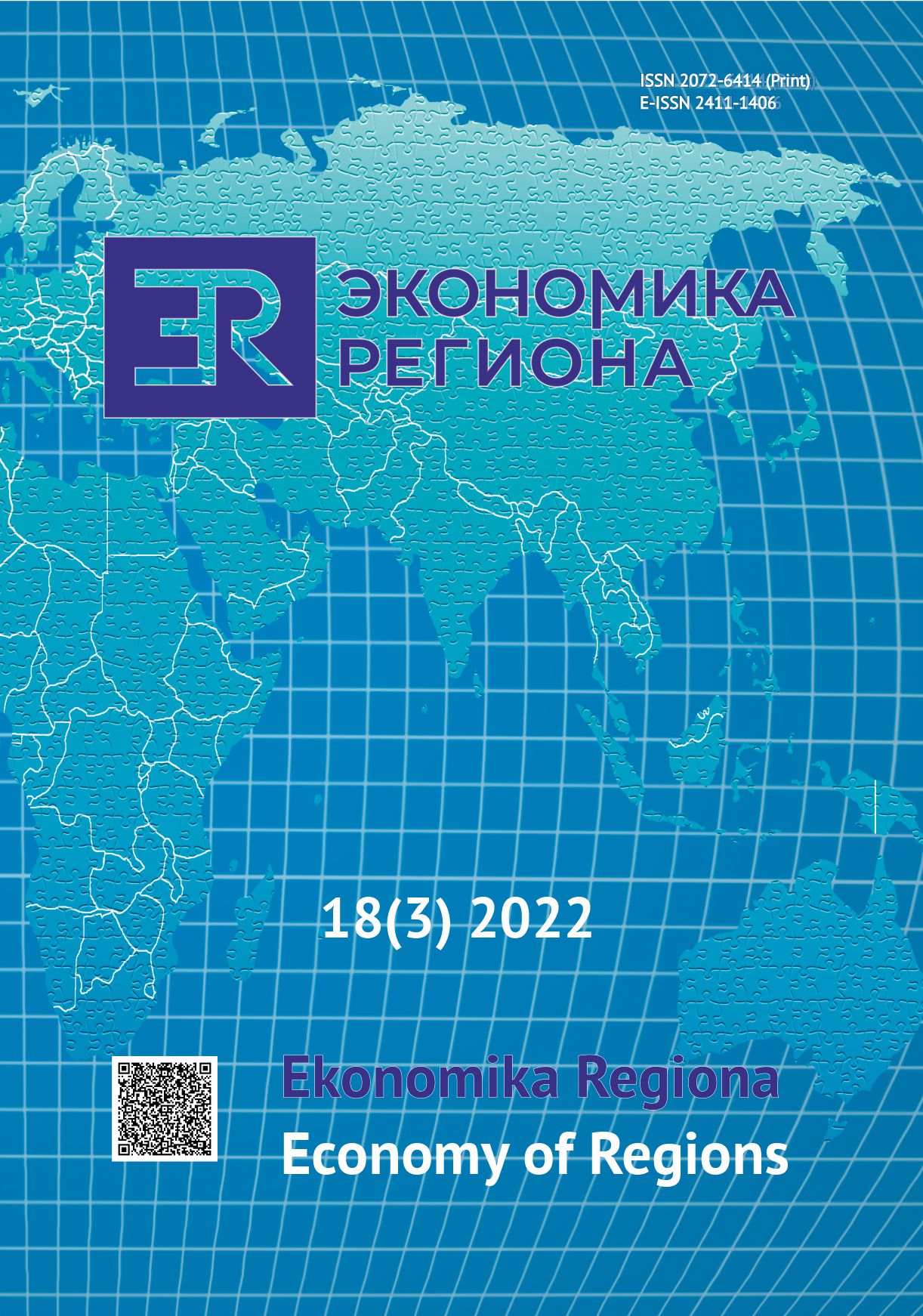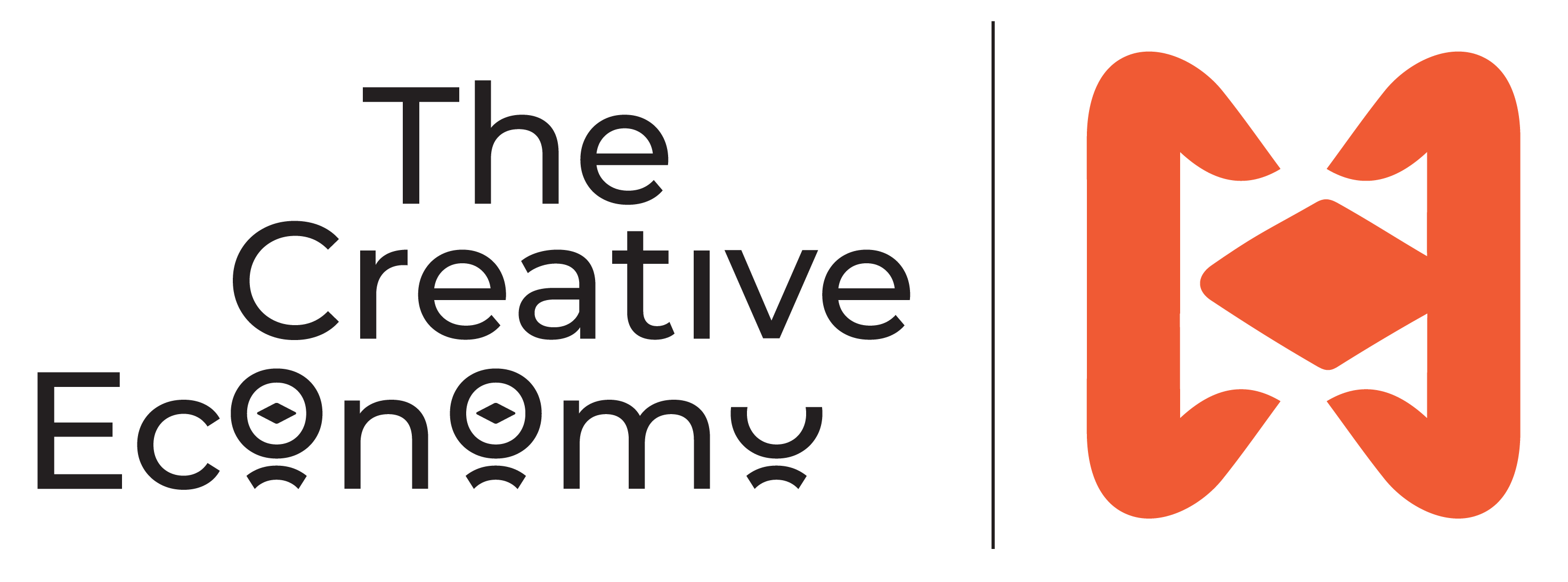The Rise Of CoyniDigital Economy: Transforming Financial Landscapes
The CoyniDigital Economy is reshaping the way we perceive and engage with financial transactions. In an era characterized by rapid technological advancements, digital currencies are becoming increasingly prevalent, driving a significant shift in global economic frameworks. This article delves deep into the CoyniDigital Economy, exploring its definition, significance, and the transformative changes it brings to traditional financial systems.
The integration of digital currencies into everyday transactions is not merely a trend; it signifies a fundamental shift in how we understand money, trade, and value exchange. As we explore this topic, we will uncover the various facets of the CoyniDigital Economy, discussing its implications for individuals, businesses, and governments alike. By the end of this article, readers will gain a comprehensive understanding of this emerging economic paradigm.
In addition to examining the key features of the CoyniDigital Economy, we will highlight the challenges and opportunities it presents. With the rise of cryptocurrencies and blockchain technology, understanding this new economic landscape is crucial for anyone looking to navigate the future of finance successfully.
- Exploring The Life And Career Of John Bennett Perry
- Unveiling The Life Of Adriana Limas First Husband
Table of Contents
- 1. Definition of CoyniDigital Economy
- 2. Importance of CoyniDigital Economy
- 3. Key Features of CoyniDigital Economy
- 4. Benefits of CoyniDigital Economy
- 5. Challenges Facing the CoyniDigital Economy
- 6. The Future of CoyniDigital Economy
- 7. Case Studies in CoyniDigital Economy
- 8. Conclusion and Call to Action
1. Definition of CoyniDigital Economy
The CoyniDigital Economy refers to an economic system that primarily utilizes digital currencies and blockchain technology. This economy encompasses all financial transactions conducted through digital means, including cryptocurrencies like Bitcoin, Ethereum, and other altcoins. The CoyniDigital Economy leverages decentralized technologies to facilitate secure and transparent transactions, eliminating the need for traditional banking intermediaries.
2. Importance of CoyniDigital Economy
Understanding the CoyniDigital Economy is crucial because it represents the future of financial transactions. Here are several reasons highlighting its importance:
- Increased Accessibility: Digital currencies enable individuals without access to traditional banking systems to participate in the economy.
- Lower Transaction Costs: By eliminating intermediaries, digital transactions often incur lower fees.
- Enhanced Security: Blockchain technology offers robust security features, reducing the risk of fraud.
- Global Transactions: Digital currencies facilitate cross-border transactions without the need for currency exchange.
3. Key Features of CoyniDigital Economy
3.1 Decentralization
One of the hallmark features of the CoyniDigital Economy is decentralization. Traditional financial systems rely on central authorities, whereas digital currencies operate on decentralized networks. This means that no single entity controls the currency, allowing for more democratic governance of financial systems.
- Exploring The Lives And Careers Of Nicola Philippaerts And Jessica Springsteen
- Khabibs Wife A Deep Dive Into The Life Of The Mma Champions Partner
3.2 Transparency
Transactions within the CoyniDigital Economy are recorded on public ledgers via blockchain technology, providing transparency to all participants. This transparency fosters trust among users and reduces the likelihood of fraudulent activities.
3.3 Anonymity
While transactions are transparent, users can maintain a level of anonymity. This feature appeals to individuals who value privacy in their financial dealings.
4. Benefits of CoyniDigital Economy
The CoyniDigital Economy offers several benefits that can enhance economic participation for individuals and businesses:
- Financial Inclusion: By providing access to digital currencies, more individuals can engage in economic activities.
- Innovation: The CoyniDigital Economy encourages technological advancements and new business models.
- Efficiency: Digital transactions are often faster and more efficient than traditional methods.
- Empowerment: Individuals have greater control over their financial assets and transactions.
5. Challenges Facing the CoyniDigital Economy
Despite its potential, the CoyniDigital Economy faces several challenges that must be addressed:
- Regulatory Uncertainty: Governments around the world are still determining how to regulate digital currencies.
- Security Risks: While blockchain technology is secure, exchanges and wallets can be vulnerable to hacks.
- Market Volatility: Cryptocurrencies can experience significant price fluctuations, posing risks for investors.
- Lack of Understanding: Many individuals still lack knowledge about digital currencies, hindering widespread adoption.
6. The Future of CoyniDigital Economy
The CoyniDigital Economy is expected to grow exponentially in the coming years. Predictions suggest that more businesses will adopt digital currencies for their transactions, and the technology behind them will continue to evolve. Additionally, governments may develop their digital currencies, further integrating digital finance into the global economy.
7. Case Studies in CoyniDigital Economy
Several real-world examples highlight the impact of the CoyniDigital Economy:
- Bitcoin as Legal Tender in El Salvador: In 2021, El Salvador became the first country to adopt Bitcoin as legal tender, showcasing the potential of digital currencies.
- DeFi (Decentralized Finance) Platforms: Platforms like Uniswap and Aave are revolutionizing how financial services are provided without traditional intermediaries.
- Central Bank Digital Currencies (CBDCs): Countries like China and Sweden are exploring CBDCs, indicating a shift towards government-backed digital currencies.
8. Conclusion and Call to Action
In conclusion, the CoyniDigital Economy is poised to transform the financial landscape fundamentally. It offers numerous benefits, including increased accessibility, lower costs, and enhanced security. However, challenges remain that must be addressed to ensure its sustainable growth.
We encourage readers to stay informed about developments in the CoyniDigital Economy and consider how it may impact their financial future. Feel free to leave comments below, share this article with others, or explore more content on our site.
Thank you for taking the time to read about the CoyniDigital Economy. We look forward to seeing you again soon!
- Clint Walker The Iconic Star Of Westerns
- Exploring The Family Of Rivers Cuomo A Deep Dive Into The Life Of The Weezer Frontman

CEEOL Article Detail

CTO — Open Source Economy

What is the creative economy? The Creative Economy